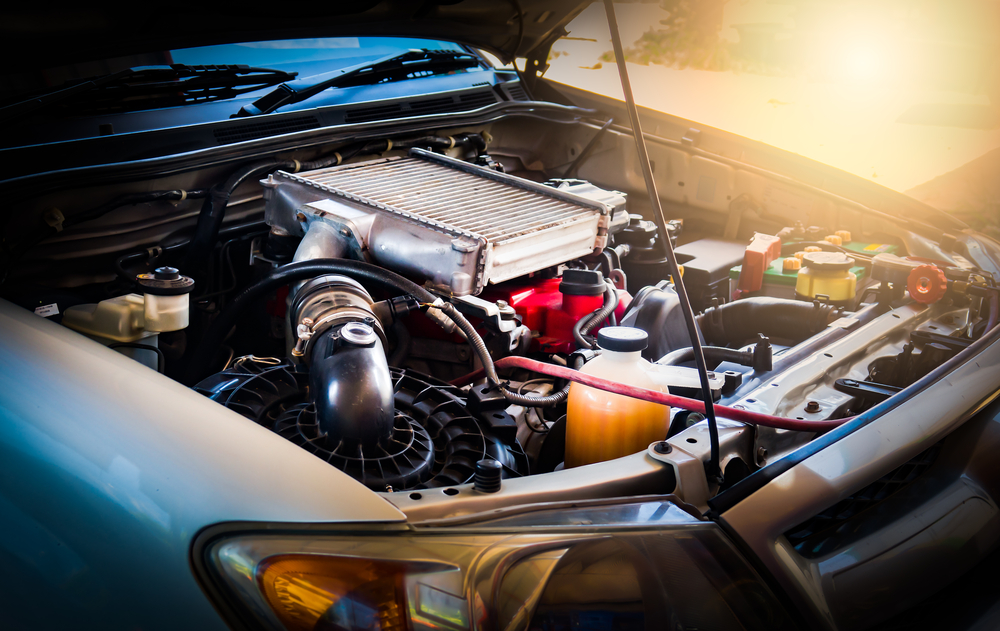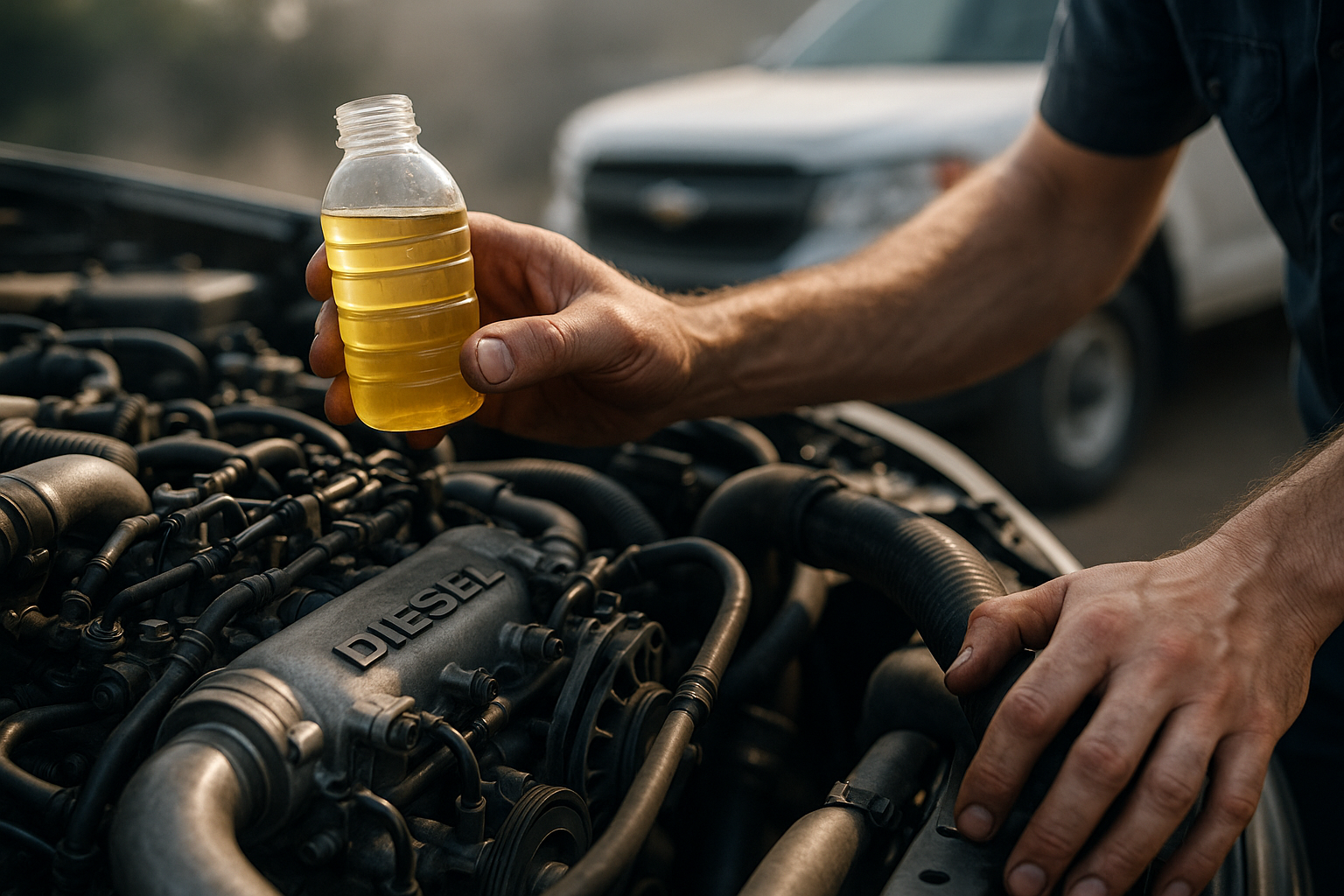Jasper Remanufactured Car Engines Guide - Quality and Cost Information Guide
Jasper remanufactured car engines offer vehicle owners a cost-effective alternative to purchasing brand new engines. These professionally rebuilt powerplants undergo extensive restoration processes to meet original equipment manufacturer specifications. Understanding the quality standards, pricing factors, and benefits of Jasper engines helps consumers make informed decisions when facing engine replacement needs.

Replacing a worn-out or damaged engine represents one of the most significant repair decisions a vehicle owner faces. Remanufactured engines provide a middle ground between expensive new engines and uncertain used alternatives. This guide examines the remanufacturing process, quality assurance measures, cost factors, and how to assess your options when considering engine replacement.
How Are Engines Remanufactured and What Ensures Reliability
Remanufacturing differs substantially from simple rebuilding. The process begins with complete engine disassembly, where every component undergoes thorough inspection. Worn or damaged parts are replaced with new or reconditioned components that meet original equipment manufacturer specifications. Critical elements like cylinder heads, crankshafts, camshafts, and pistons receive precision machining to restore proper tolerances.
Quality control measures include pressure testing for leaks, computerized balancing of rotating assemblies, and dynamometer testing under simulated operating conditions. Remanufactured engines typically feature updated components that address known weaknesses in original designs. The process aims to return the engine to like-new performance standards rather than simply repairing obvious damage. Documentation and traceability throughout the remanufacturing process help maintain consistency and accountability.
What Distinguishes Remanufactured Engines from Rebuilt Options
The terms remanufactured and rebuilt are often used interchangeably, but important differences exist. Rebuilt engines typically involve repairing specific failed components while leaving other parts intact if they appear functional. This targeted approach costs less but may leave aging components that could fail later.
Remanufactured engines undergo complete teardown with systematic replacement of wear items regardless of their current condition. This comprehensive approach provides more uniform quality and longevity. Remanufactured engines often come with longer warranty coverage reflecting greater confidence in their durability. Rebuilt engines may suit budget-conscious situations where shorter-term solutions suffice, while remanufactured options better serve those seeking reliability comparable to new engines at reduced cost.
Understanding Engine Replacement Pricing and Warranty Coverage
Engine replacement costs vary widely based on vehicle make, model, engine size, and labor requirements. Remanufactured engines typically cost 30 to 50 percent less than new engines from dealerships. A remanufactured four-cylinder engine might range from $1,800 to $3,500, while V6 engines often fall between $2,500 and $4,500. V8 and specialty engines can exceed $5,000.
Installation labor adds $500 to $2,000 depending on vehicle complexity and regional labor rates. Additional costs may include fluids, gaskets, hoses, belts, and related components that should be replaced during installation. Warranty coverage varies significantly among providers. Standard warranties range from 12 months to 36 months with mileage limits between 12,000 and 100,000 miles. Some manufacturers offer nationwide warranty service through networks of authorized installers, while others require return to the original installer.
| Provider Type | Engine Type Example | Estimated Cost Range | Typical Warranty |
|---|---|---|---|
| National Remanufacturer | 4-Cylinder | $1,800 - $3,500 | 24-36 months/unlimited miles |
| National Remanufacturer | V6 | $2,500 - $4,500 | 24-36 months/unlimited miles |
| National Remanufacturer | V8 | $3,500 - $6,000 | 24-36 months/unlimited miles |
| Local Rebuilder | 4-Cylinder | $1,200 - $2,500 | 12-24 months/12,000-50,000 miles |
| Local Rebuilder | V6 | $1,800 - $3,500 | 12-24 months/12,000-50,000 miles |
| Dealership New | 4-Cylinder | $4,000 - $7,000 | 12-36 months/varies |
Prices, rates, or cost estimates mentioned in this article are based on the latest available information but may change over time. Independent research is advised before making financial decisions.
Evaluating Performance and Longevity Expectations
Properly remanufactured engines should deliver performance indistinguishable from new engines. Modern remanufacturing techniques and quality control processes ensure proper compression, oil pressure, and power output. Break-in procedures remain important during the first 500 to 1,000 miles, requiring avoiding heavy loads and varying engine speeds to allow components to properly seat.
Longevity depends on multiple factors including installation quality, maintenance practices, and driving conditions. Well-maintained remanufactured engines frequently exceed 100,000 miles of additional service. Regular oil changes using recommended specifications, maintaining proper cooling system function, and addressing issues promptly significantly impact engine lifespan. The quality of ancillary components like water pumps, thermostats, and sensors also affects overall reliability since these items often fail independently of core engine condition.
Finding Affordable and Reliable Engine Replacement Options
Several strategies help identify quality remanufactured engines at competitive prices. Research multiple suppliers and compare warranty terms, not just initial cost. Longer warranties with fewer exclusions indicate manufacturer confidence. Verify whether warranties require specific maintenance schedules or use of particular oil types, as these conditions affect coverage.
Check installer qualifications and experience with your vehicle type. Proper installation significantly impacts engine performance and longevity. Request documentation of the remanufacturing process and quality certifications. Reputable remanufacturers provide detailed information about their procedures and standards. Consider total cost of ownership including warranty coverage and expected lifespan rather than focusing solely on purchase price. Local independent shops may offer competitive pricing on supply and installation, while national chains provide standardized processes and widespread warranty service.
Making an Informed Engine Replacement Decision
Choosing between remanufactured, rebuilt, or new engines requires balancing cost, reliability needs, and vehicle value. For vehicles worth $5,000 or more with otherwise sound mechanical condition, remanufactured engines often provide the best value proposition. The investment makes less sense for high-mileage vehicles with multiple other issues or those with limited remaining useful life.
Consider your intended ownership duration. If you plan to keep the vehicle for several more years, investing in quality remanufacturing pays dividends through reliable service. For shorter-term needs, rebuilt options may suffice. Evaluate the reputation and track record of suppliers through customer reviews and industry ratings. Ask about core charges, which are refundable deposits on your old engine that can range from $300 to $1,000. Understanding all costs upfront prevents surprises and enables accurate comparison shopping.
Engine replacement represents a major investment in your vehicle’s future. Thorough research into remanufacturing processes, warranty terms, supplier reputation, and total costs helps ensure you select an option that delivers reliable performance and value for your specific situation.




